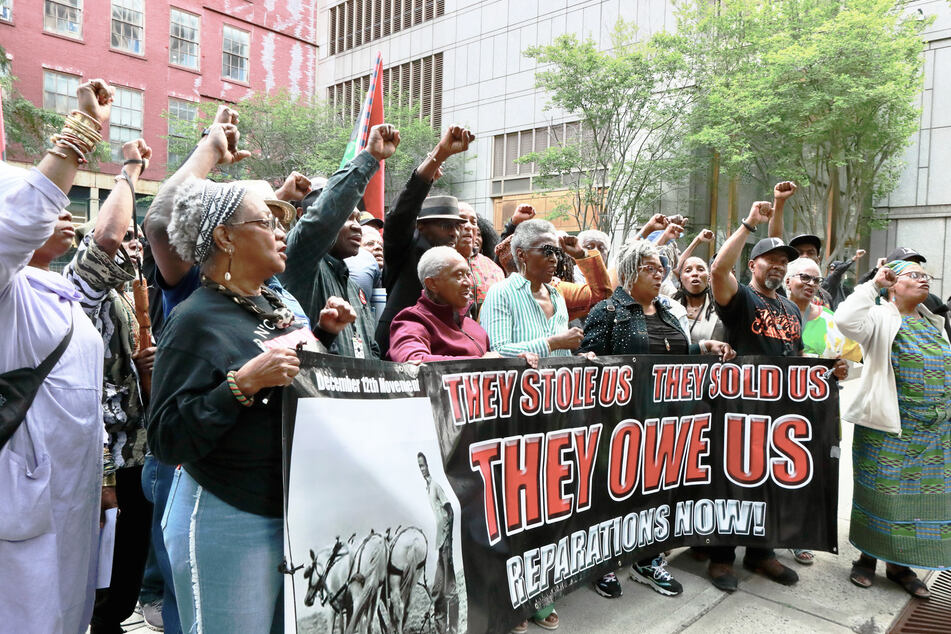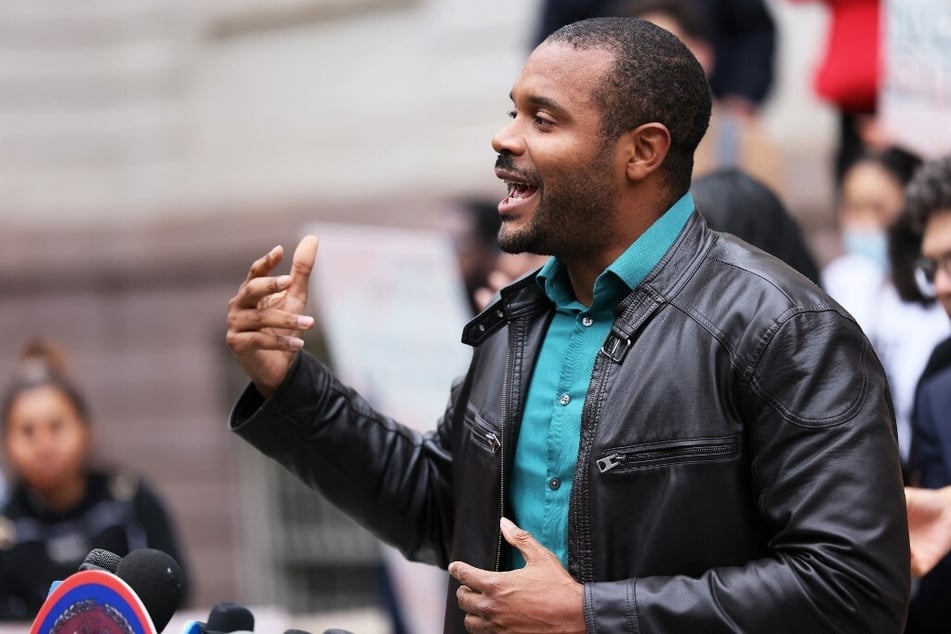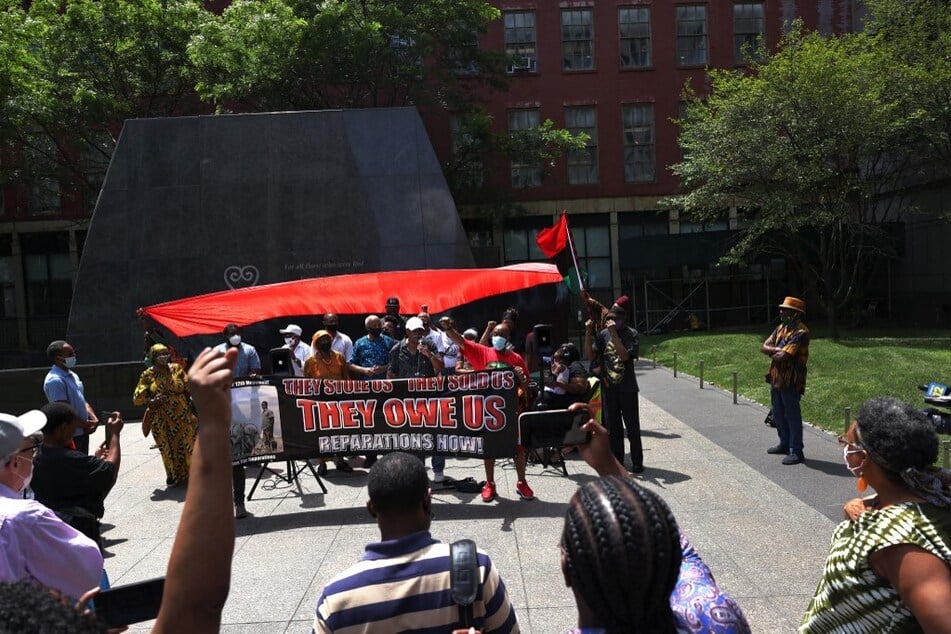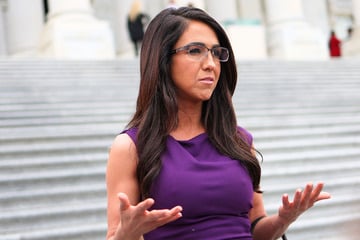Vote on New York reparations commission to go ahead after controversial changes
Albany, New York - New York is poised to follow California as the second state to establish a reparations commission, but tensions are coming to a head as a bill to create the panel moves closer to a vote.

Just days before the current Assembly session is set to close, the legislation to create a New York State community commission on reparations remedies has gotten a bill number, A7691, in addition to some pretty major changes to its content.
The legislation calls for a nine-member commission to study the ongoing impact of enslavement and racial discrimination in New York and create recommendations to right those historic wrongs. The body is to include three members appointed by the governor, three by the Assembly speaker, and three by the Senate president pro tempore.
Previously, Assemblywoman Michaelle Solages, primary sponsor of A7691, advocated for a community-led commission with five members named by elected officials and six appointed by legacy groups in the reparations movement, including the National Coalition of Blacks for Reparations in America (N'COBRA), the Institute of the Black World 21st Century, and the December 12th Movement.
The new text of Solages' bill removes community group appointees and leaves the important task of deciding who will sit on the commission entirely to elected officials. It has the support of Assemblywoman Nikki Lucas, who had put forward draft legislation to create a reparations commission composed only of members named by politicians.
The removal of community groups from the bill coincides with a last-ditch effort to move the bill out of the Assembly before the current session ends on June 8.
Two different bills to create New York reparations commission introduced in Senate

The sudden changes to the reparations legislation didn't stop in the New York Assembly.
Solages' bill is now linked with a companion bill in the state Senate – S1163A, sponsored by Senator James Sanders Jr. – which excludes any direct reference to the three legacy organizations.
But the legislation Solages proposed earlier this session initially bore a much closer resemblance to another Senate bill: S2416, sponsored by Senator Jabari Brisport.
In an exclusive interview with TAG24 NEWS, Brisport touted the inclusion of grassroots groups with decades of experience in the reparations movement as a key strength of his bill. If left intact, this provision would be one of the main factors distinguishing a New York commission from California's, where task force members were all appointed by elected officials.
Brisport is still fighting for passage of his version of the bill, based on legislation championed by former Assemblyman Charles Barron which advanced out of the lower chamber in 2021 and again in 2022. It has 22 co-sponsors in the Senate this session.
"While the language of the new bill also uses the term 'community commission,' there is nothing in it that in any way guarantees any kind of input from the community on the appointments," a representative from Brisport's office told TAG24.
"Whichever version passes, Senator Brisport’s focus will be on fighting for as many of the appointments as possible to be drawn from community groups that have been working on the issue for decades."
Reparations activists react to New York Assembly bill changes

The changes to the Assembly bill have stirred controversy among community groups that have long fought for a say in selecting members of a New York reparations panel.
Kenniss Henry, legislative director of N'COBRA, was among the advocates in New York City on Monday pushing for the retention of community groups in the reparations bill. At a rally in front of the African Burial Ground National Monument, she said the legislation is "just to stand up a commission to determine what the remedies need to be to repair 400-plus years of pernicious history and current-day vestiges, and we must be the ones to decide what those remedies are. No one else can do that – not the appointees from the governor, not the appointees from anyone else."
Roger Wareham of the December 12th Movement also weighed in on the changes, telling TAG24, "I am deeply disappointed that the leadership of the Assembly and Senate have caved in and failed to seize the opportunity to take a courageous and correct position in defense of New York State's Black residents."
"If reparations is to mean anything, it cannot simply be the purview of elected officials but must encompass the expertise and experience of those who have been struggling for reparations, from commitment not compensation, for many years," he added.
Lawmakers in the Assembly are expected to try to bring Solages' reparations bill to a vote before the current session closes on Thursday.
Cover photo: Mr. J. Antoine, courtesy of the December 12th Movement

